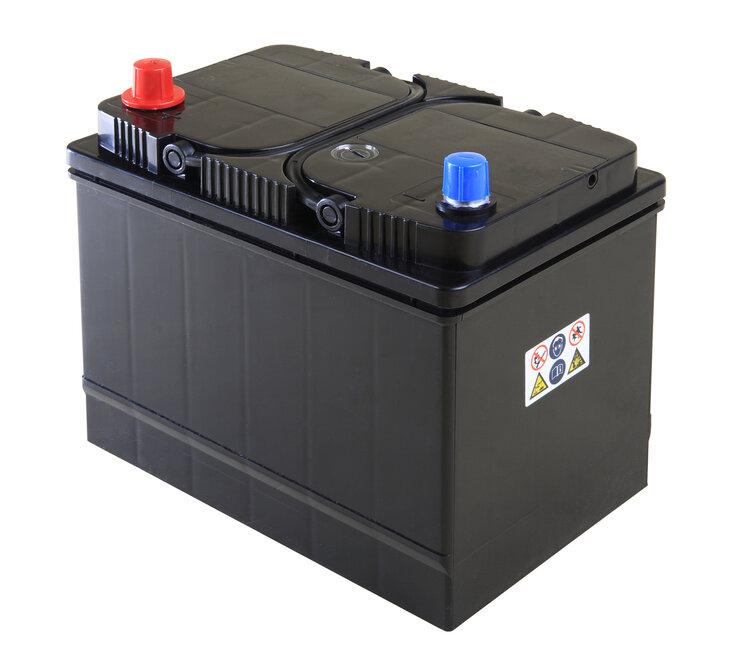A proper “care and feeding” schedule is paramount to extending battery life
When it comes to batteries, a proper “care and feeding” schedule is paramount to extending battery life. Here are some useful tips to get the most out of your bus’s battery.
-
Keep the battery clean and away from dirt Post and cable connection must be clean and free from corrosion
-
Never keep battery discharged for extended period. Avoid continuously operating batteries in a partially charged condition. This will shorten battery life and reduce capacity
-
Non-use can be extremely harmful to all lead-acid batteries. If seasonal use is the norm, the following is recommended:
-
Make sure that battery is fully charged before storing
-
Remove all electrical connection from the battery
-
Store the battery in a cool dry place. The cooler the better, but do not store in a location that will be normally be below freezing temperatures. Batteries will discharge even when not in use, the lower the temperature the lower the self-discharge
-
When not in use for long period boost charge battery every two months
-
-
In applications where multiple batteries are connected in series, parallel or series-parallel, replacement batteries should be of the same size, age and usage. Do not put a new battery in a pack with more than 80 cycles. Either replace all batteries in the set-up or use good batteries of same age
-
Remember that the battery is just one part of the vehicle electrical system. In most cases, the battery masks the weakness/failure of the other parts before it fails

